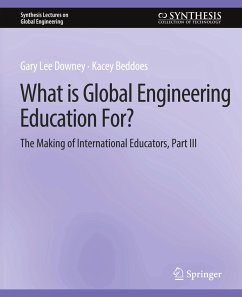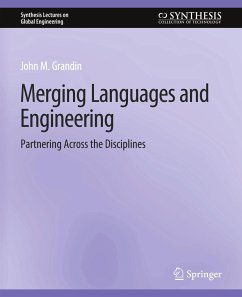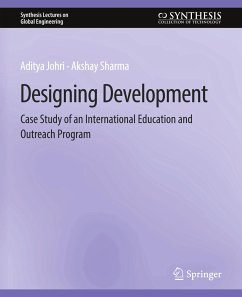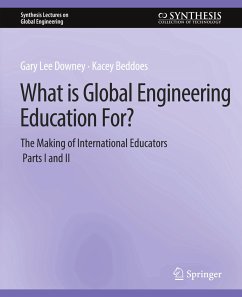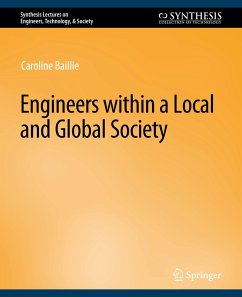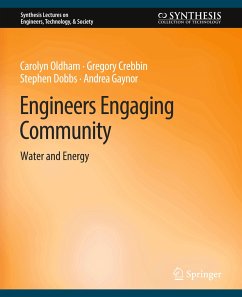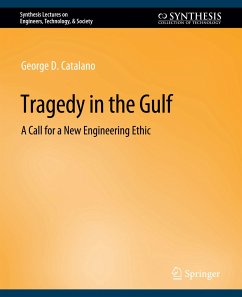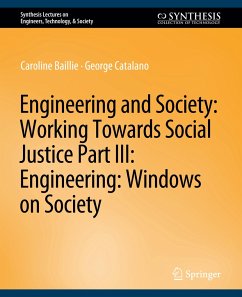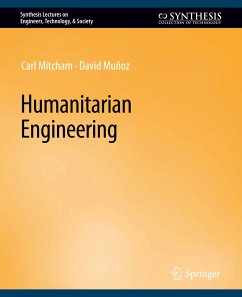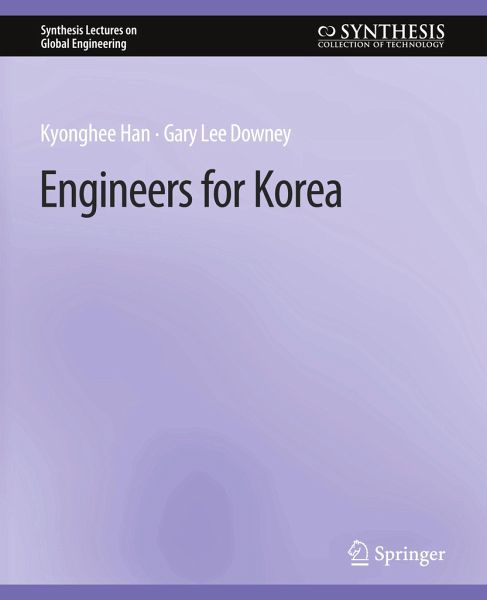
Engineers for Korea

PAYBACK Punkte
0 °P sammeln!
This book follows the fraught attempts of engineers to identify with Korea as a whole. It is for engineers, both Korean and non-Korean, who seek to become better critical analysts of their own expertise, identities, and commitments. It is for non-engineers who encounter or are affected by Korean engineers and engineering, and want to understand and engage them. It is for researchers who serve as critical participants in the making of engineers and puzzle over the contents and effects of techno-national formation.





